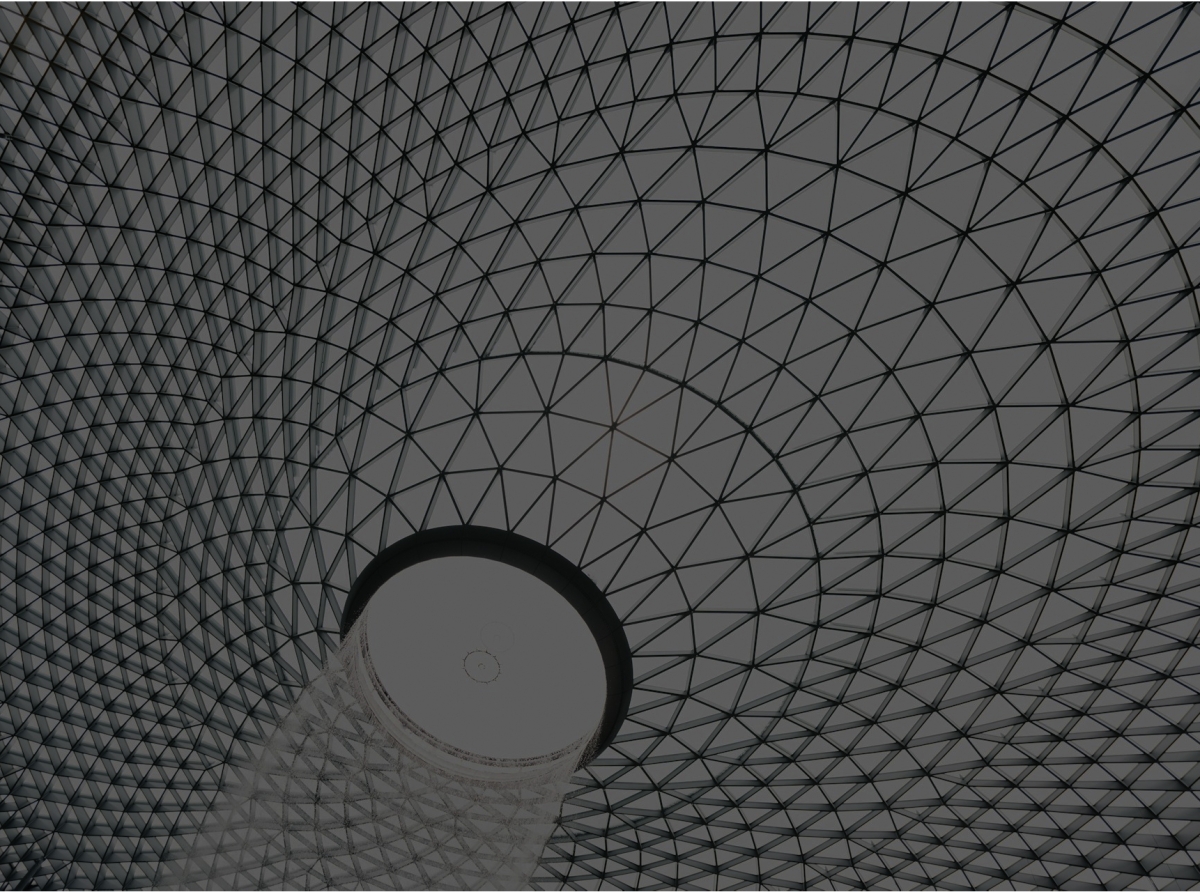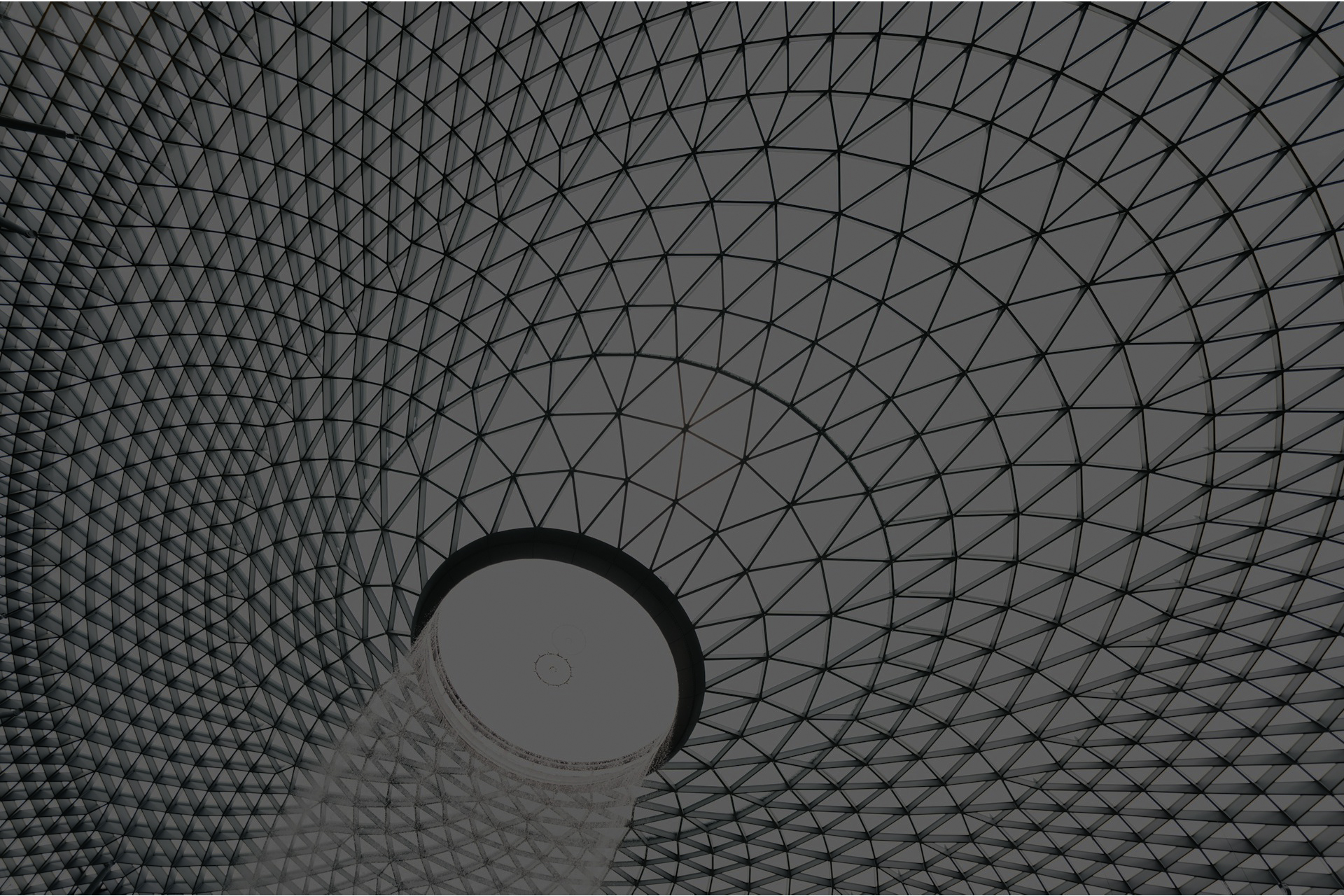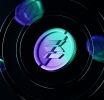Oracles for Blockchain Projects: Decentralized Price Feeds and Their Role in DeFi and Smart Contracts

Oracles for Blockchain Projects: Decentralized Price Feeds and Their Role in DeFi and Smart Contracts
In the rapidly evolving landscape of blockchain technology, oracles have become a cornerstone, enabling smart contracts to access real-world data securely and reliably. Their pivotal role in decentralized finance (DeFi) and smart contract automation is transforming how financial transactions, asset management, and data verification are executed autonomously without intermediaries.
What are Oracles in Blockchain?
Oracles are specialized services that connect blockchain networks with external data sources. Unlike conventional data feeds, oracles provide the necessary bridge that allows smart contracts to interact with real-world information, such as asset prices, weather reports, or event outcomes.Their primary function is to fetch, verify, and deliver external data to blockchain applications in a decentralized and tamper-proof manner, ensuring that smart contracts execute based on trustworthy inputs.

Oracles for Blockchain Projects: Decentralized Price Feeds and Their Role in DeFi and Smart Contracts
Types of Oracles
* centralized oracles*: rely on a single data source, increasing efficiency but also posing risks of manipulation.*decentralized oracles*: aggregate data from multiple sources, providing robustness and reducing the risk of single points of failure.
Decentralized oracles, like Chainlink, are preferred in the context of DeFi because they enhance data security and trustworthiness.
The Importance of Decentralized Price Feeds in DeFi
Decentralized finance platforms are highly dependent on accurate and real-time asset prices for functions like collateral valuation, lending, borrowing, trading, and derivatives. Price oracles act as the backbone, feeding these platforms with reliable, tamper-resistant data that enables automation and self-execution of agreements.How Decentralized Price Feeds Work
Decentralized price feeds collect data from multiple independent sources such as cryptocurrency exchanges, financial institutions, and other market data providers. They then utilize algorithms to aggregate, verify, and deliver a single, consensus-driven price to smart contracts. This process reduces susceptibility to price manipulation, flash crashes, and market volatility, ensuring the stability and security of DeFi protocols.Key Projects and Protocols
Chainlink: The most widely adopted oracle network, providing secure and scalable data feeds used by many DeFi projects.Band Protocol: Focuses on cross-chain data aggregation with a strong emphasis on scalability.
Pyth Network: Specializes in real-time market data, especially for professional traders and institutional DeFi projects.
Oracles in Smart Contracts: Automating Real-World Actions
Smart contracts, self-executing code stored on blockchain networks, depend on oracles to access external data, which triggers contract execution. Such automation is crucial for a broad array of applications, from decentralized exchanges to insurance payouts and supply chain management.Practical Use Cases
Decentralized exchanges (DEXs): Use oracles to obtain the latest prices for asset swaps and liquidity pools.Derivatives and synthetic assets: Rely on oracles for accurate underlying asset prices for settlement.
Insurance: Automate claim payments based on real-world data such as weather events or flight delays.
Oracles thus unlock the full potential of smart contracts, enabling them to interact with the external world and provide trustless, automated services.
Future Trends and Challenges
Despite their vital role, oracles face ongoing challenges:Security: Ensuring data integrity despite external threats.
Decentralization: Avoiding reliance on single data providers.
Scalability: Supporting increasing data demands in complex DeFi ecosystems.
Innovations such as cross-chain oracles, trusted hardware solutions, and improved decentralization mechanisms are actively being developed to address these issues. As DeFi continues to grow, the importance of robust, decentralized oracles will only increase, unlocking new use cases like global asset tokenization, automated compliance, and complex financial instruments.
Conclusion
Oracles serve as the vital nervous system of blockchain ecosystems, enabling smart contracts to unlock the potential of real-world data. In DeFi, they provide the essential decentralized price feeds that ensure transparency, security, and automation. As the DeFi landscape expands, their role becomes even more critical—paving the way for more sophisticated and trustworthy decentralized applications that operate seamlessly across traditional and blockchain-based economies.
This comprehensive overview underscores the centrality of decentralized oracles in realizing the full promise of blockchain technology—bridging the digital and physical worlds in a trustless, automated environment. For traders, investors, and developers eager to harness the power of DeFi, understanding oracles is crucial for navigating and innovating in the next era of financial services.
By Miles Harrington
November 21, 2025
Join us. Our Telegram: @forexturnkey
All to the point, no ads. A channel that doesn't tire you out, but pumps you up.
November 21, 2025
Join us. Our Telegram: @forexturnkey
All to the point, no ads. A channel that doesn't tire you out, but pumps you up.














Report
My comments